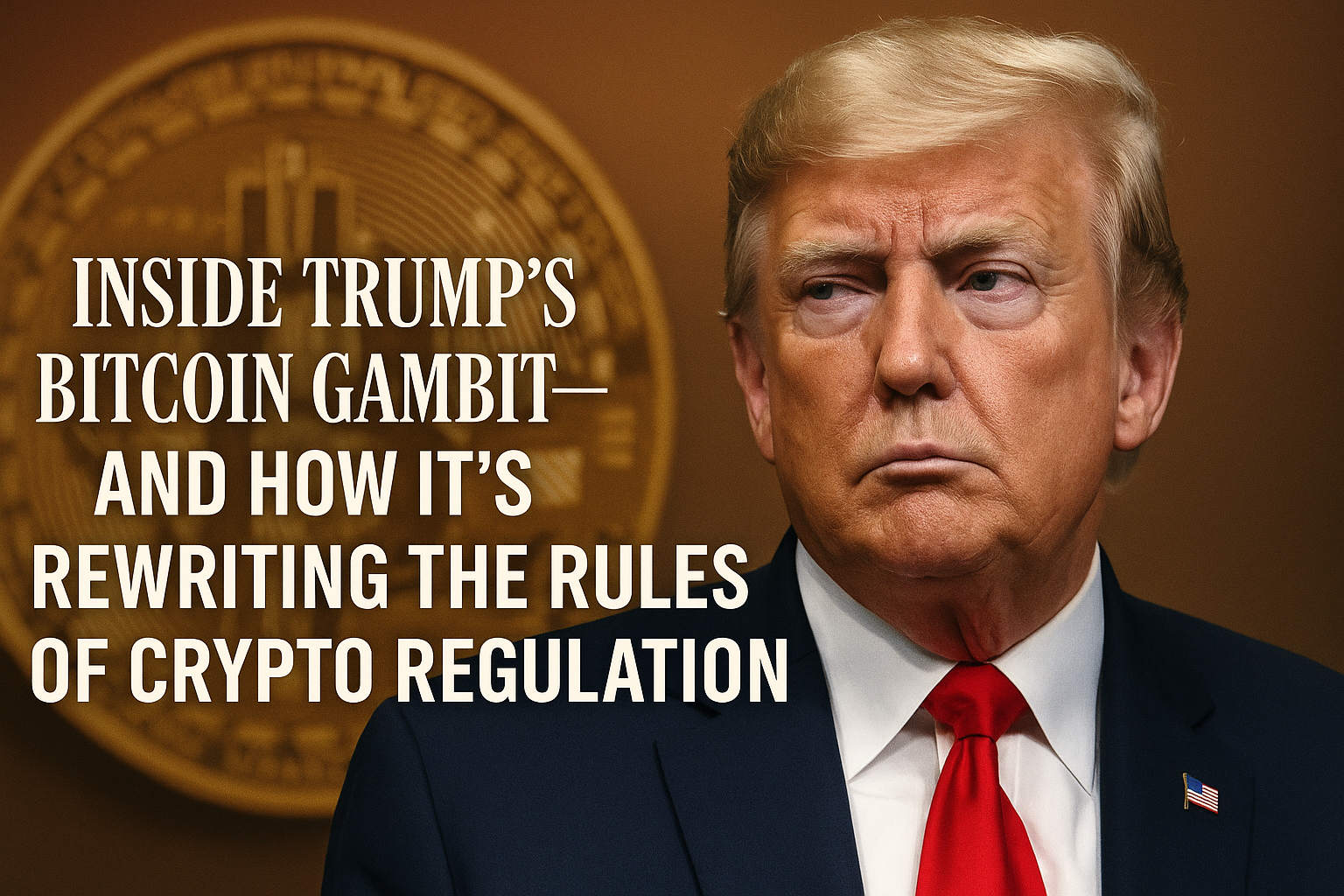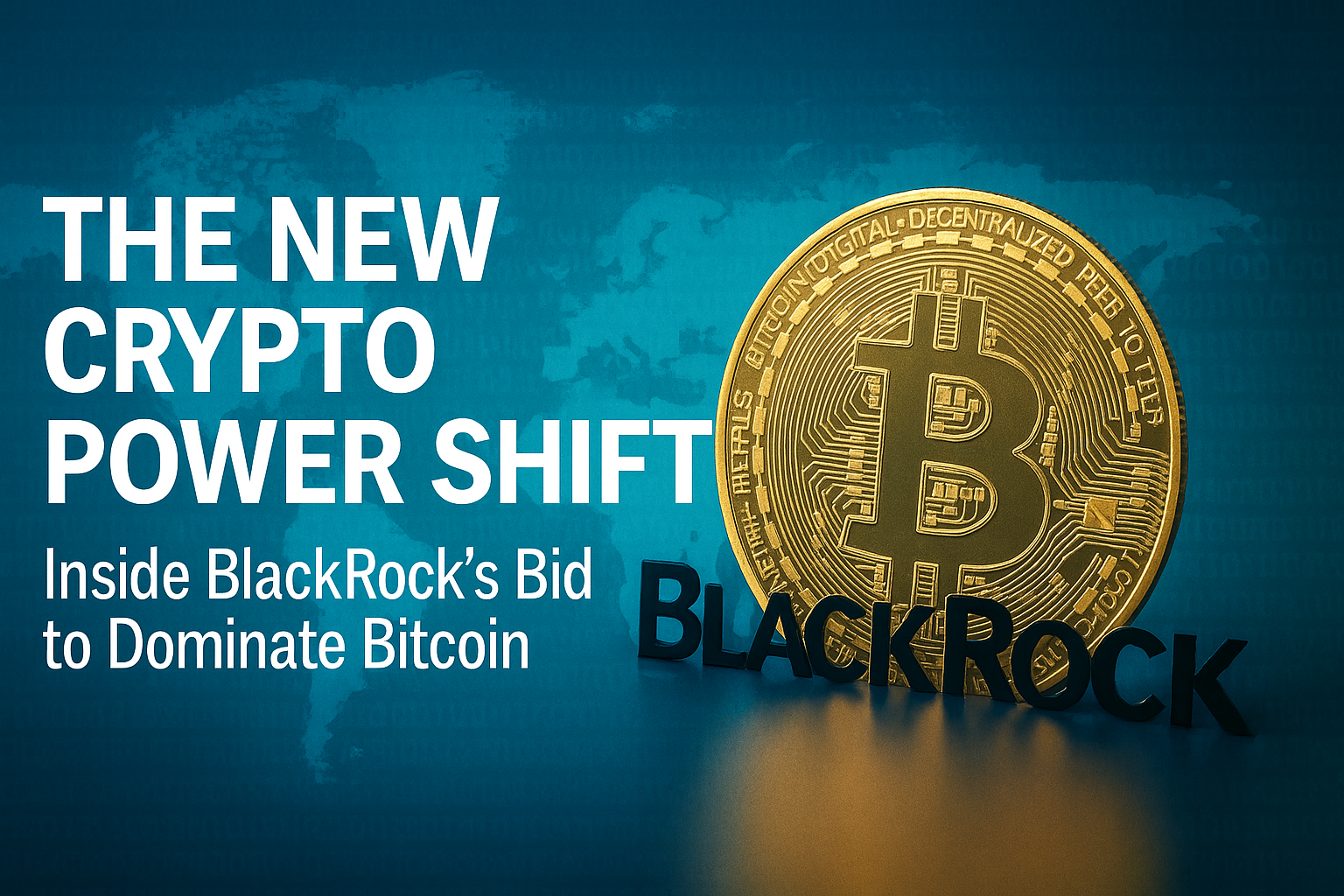Barclays Bank has made the unexpected but recognizable announcement that, as of June 27, 2025, it will stop allowing any cryptocurrency-related purchases to be made with its Barclaycard credit cards. Citing worries about “security, fraud, and regulatory compliance,” Barclays joins an increasing number of conventional financial institutions that are strengthening their stance on consumer cryptocurrency transactions.
Customers of Barclaycard were notified of the decision via email earlier this week, and a statement posted on the bank’s official website today confirmed it. Purchases made on peer-to-peer trading platforms, cryptocurrency exchanges, and any services identified by the “digital currency” merchant code will all be prohibited.
Barclays’ Justification: Market Prudence or Risk Management?
According to Barclays, the prohibition is a component of their continuous endeavor to shield clients from the risks and volatility present in cryptocurrency markets. In its press release, the bank cited an increase in fraud cases, growing concerns over money laundering, and ongoing regulatory ambiguity in the UK and EU as primary reasons for the decision.
“We keep an eye on how consumers utilize our products. We are enforcing this restriction as a precautionary measure because we have determined that cryptocurrency transactions are high-risk, especially when made through credit purchases,” a Barclays representative stated.
Interestingly, Barclays has refrained from prohibiting the use of debit cards or bank transfers linked to cryptocurrency, indicating that the policy is limited to credit card transactions, which may result in users incurring debt from speculative investments.
Public Outrage and Industry Response
The cryptocurrency community reacted quickly, with many users accusing Barclays of paternalism and overreach. Users expressed worries about financial choice and the implications for wider cryptocurrency adoption in the UK on social media sites like Reddit and X (formerly Twitter).
One Redditor commented, “Barclays is treating us like children.” “The decision to purchase Bitcoin using a credit card belongs to the individual, not the bank.”
Consumer advocacy organizations and some analysts, however, have applauded the action, pointing out that using borrowed funds to speculate on erratic digital assets frequently results in financial difficulties. One in five retail investors who purchased cryptocurrency on credit went on to miss payments within a year, according to a 2024 report from the UK Financial Conduct Authority (FCA).
A Component of a Worldwide Trend
The move by Barclays is in line with a larger worldwide trend among traditional financial institutions. In the previous two years:
In the United States, JPMorgan Chase and Citigroup have prohibited credit card purchases of cryptocurrency.
In Spain and the UK, Banco Santander and HSBC have put comparable policies into place.
Commonwealth Bank and other Australian banks have also started to reduce their exposure to cryptocurrency-related activities.
As traditional banks get ready to introduce their own tokenized asset platforms and CBDC (central bank digital currency) interfaces, analysts see these actions as both strategic and reactive. The former is in response to tightening regulations.
What It Means for Crypto Users in the UK
Although it causes friction, Barclays’ ban is not a fatal blow to retail cryptocurrency activity in the UK. To finance cryptocurrency purchases, users will now have to use third-party payment methods, bank transfers, or debit cards—many of which can be more expensive, slower, or require extra verification.
In the upcoming days, it is anticipated that UK-based cryptocurrency exchanges like Kraken, Coinbase, and Bitstamp will notify users about alternate funding options.
In conclusion
An important development in the continuous struggle between traditional finance and the decentralized cryptocurrency movement is Barclays’ prohibition on cryptocurrency purchases made with Barclaycard. Banks like Barclays are taking proactive steps to reduce risk and control exposure as regulators struggle with how to set up frameworks for policies pertaining to digital assets.
How crypto platforms adjust and whether decentralized finance (DeFi) solutions can close the access gaps left by established players will determine the long-term effects of such restrictions.







Leave a Reply